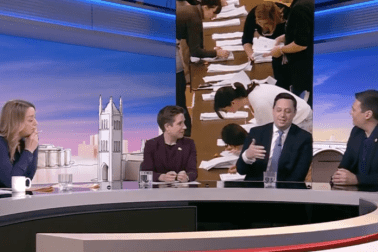A new report, funded by the Nuffield Foundation, has recommended that the six-week school summer holiday should be reduced to four weeks, and the two weeks redistributed so that schools have a two-week half-term in October and February. Lee Major, professor of social mobility at the University of Exeter, said that spreading out the holidays more equally throughout the year would ‘improve the wellbeing of pupils and the working lives of teachers, balance out childcare costs for parents, and potentially boost academic results for many children’.
I’m not convinced shortening the summer holidays would actually do any of those things. Firstly, I highly doubt that having extra time off in October and February – two of the darkest, coldest, wettest months of the year – would do much to improve staff or pupil wellbeing. Teachers would inevitably end up working through most of it, and pupils would spend the extra time festering inside, probably glued to multiple screens, because sports camps and social clubs don’t run over winter when the pitches are waterlogged and the energy bills are too high.

Britain’s best politics newsletters
You get two free articles each week when you sign up to The Spectator’s emails.
Already a subscriber? Log in






Comments
Join the debate for just £1 a month
Be part of the conversation with other Spectator readers by getting your first three months for £3.
UNLOCK ACCESS Just £1 a monthAlready a subscriber? Log in